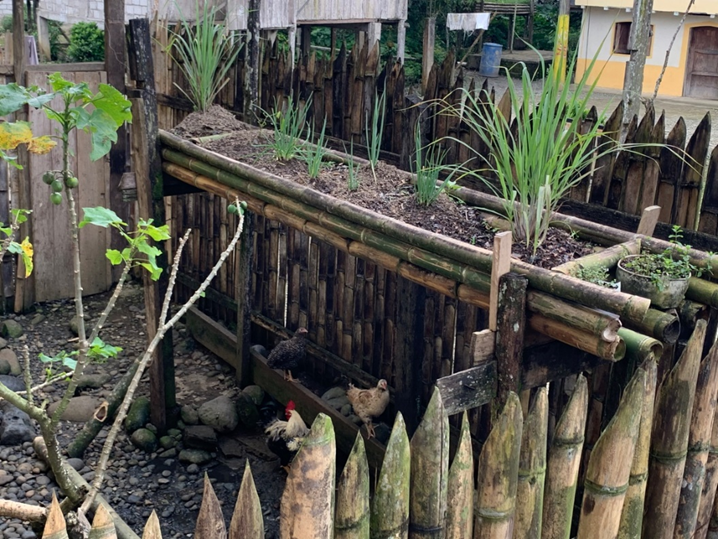Disclaimer:
Please be aware that the content herein has not been peer reviewed. It consists of personal reflections, insights, and learnings of the contributor(s). It may not be exhaustive, nor does it aim to be authoritative knowledge.
A raised organic garden to grow all kinds of herbs and spices for the kitchen. Usually a bamboo or wooden board is installed, on which layers of leaves and soil are placed to plant the preferred selection of herbs. This is an ancient practice of Afro communities in the northern province of Esmeraldas to protect crops from animals and floods. In addition, the eras allow families to grow crops without necessarily having fertile land or soil, so it could be applied in cities.
 Consent to share form or official link.
Consent to share form or official link.

 2Zero hunger
2Zero hunger
Comments
Log in to add a comment or reply.